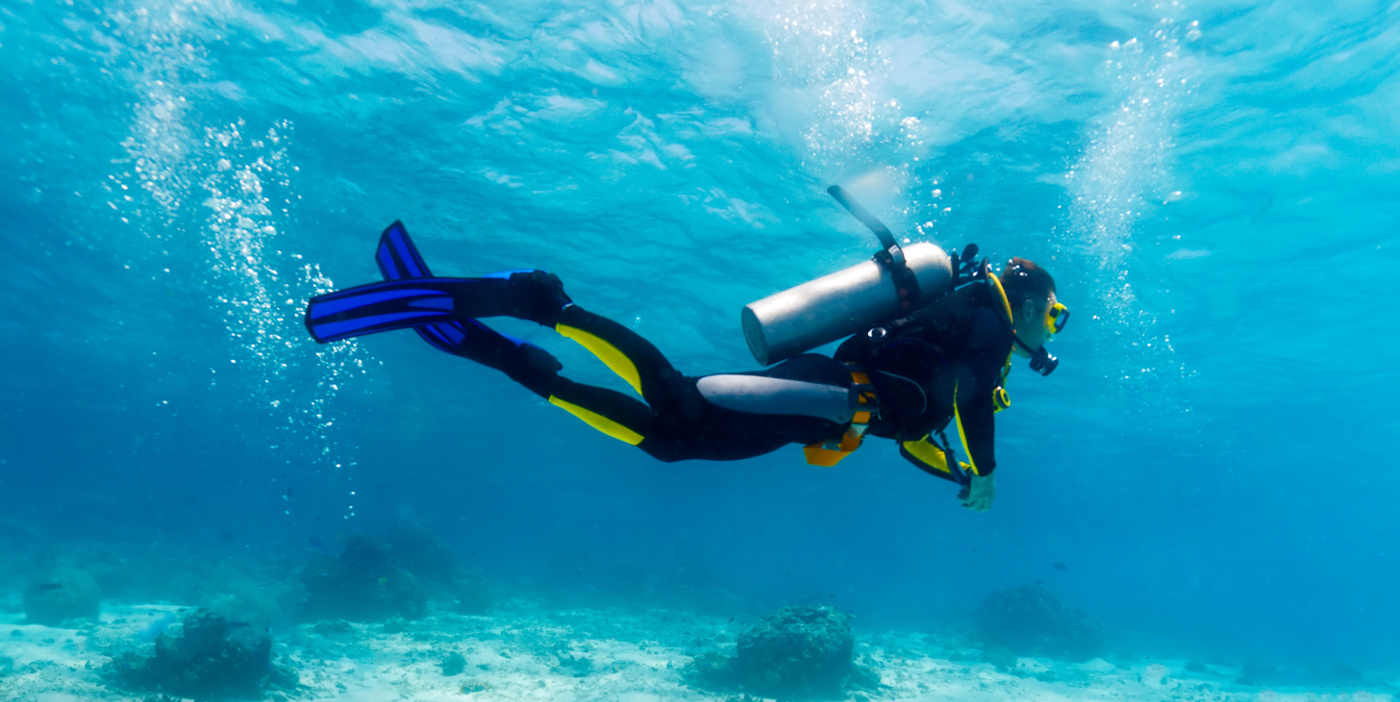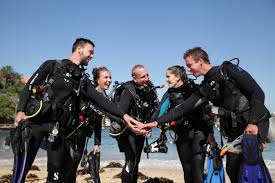Steps to follow before a dive: how to be well prepared and enjoy a safe dive

Most of the times the problems encountered during a dive come from a lack of preparation before the entrance into the water: bad planning, equipment not checked, lack of communication, stress can lead to a problem during the dive. It is easy to prevent that by being precautious before getting into the water. Here are some pieces of advice how to be well prepared before the dive that will allow you to benefit fully from your time underwater.
1. Have your equipment checked and adjusted before the dive. Don´t wait till you enter the water and then adjust it in a hurry making other divers wait for you. The equipment must be well attached: the SPG and alternate air source must be visible and the diver must be able to reach them easily. To avoid breaking them and damaging the environment, they should not dangle.
The quality of equipment which we dive with is very important. On some things do not save your money, it´s worth buying high quality gear. It is always necessary to check its operating condition before using it. It is recommended to maintain our equipment with regular intervals, to correctly clean it after each dive and to store it in a dry place away from the sun. It is also necessary to check that our equipment is adapted to the dive site and the conditions: take torches for a night dive, carry an adequate exposure suit according to the temperature of water, have the proper amount of weight and so on. You must be familiar with the equipment and know how to use it: easily find the emergency dump valves on the BCD, know which kind of weight system is used by your buddy (weight belt or integrated), etc. Moreover, it is always recommended to take extra equipment: additional O-rings, straps, mask, etc.
PADI teaches divers to check the equipment with the buddy before the dive by using the acronym BWRAF:
B(cd) – to check that our BCD inflates and deflates completely
W(eights) – to make sure that the belt is clearly visible, easy to be released with the right hand and that the diver is properly weighted
R(eleases) – to see that all the straps and releases are secure, that the tank is open and attached properly to the BCD
A(ir) – to check that the air does not have a weird smell, that the pressure gauge is functional and that the bottle contains enough air
F(inal ok) – the final step when we check that we have all necessary equipment.
These steps are important because the small problems related to equipment can sometimes cause more serious incidents.

- Plan thoroughly the dive with your buddy. It is important to do that together so that all the divers know the way to follow and everyone agrees on the procedures of the dive. It is necessary to plan the dive time and the return point: according to the pressure left and to the time for no-decompression limit. To be decided is which techniques to use for the entering and exiting the water. It is also important to remind the underwater signs and the safety rules (distance between buddies, procedure in case of a lost diver, etc).
- Communicate with the other divers: it is essential to communicate and to help each other before going into the water. That makes it possible for everyone to expose his/her possible doubts or to detect signs of stress in certain people. Planning and speaking about the dive decreases stress of the divers as many doubts about the dive can be solved during the discussion. The stress can be dangerous in diving because it leads to panic. Each one must feel self-confident before entering the water, and if somebody does not feel ready to follow the others, it is possible to modify or even cancel the dive. This avoids a large number of accidents.
If you are careful and you follow this advice, the risk of problems appearing during the dive will be strongly decreased. It is always better to prevent and avoid the accidents than to meet and solve problems underwater. For this reason one does not need to hurry in preparation for the dive but to think thoroughly, sometimes several days before the dive, to decide what is needed, to make a plan to be followed and check all the gear.

Read also: